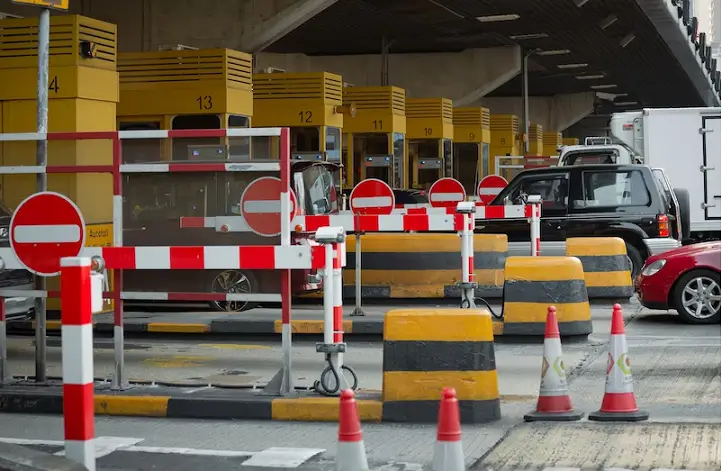On Monday, the Netherlands warned the EU not to levy Big Tech with what is being called an “internet toll” to fund billions in new network investments, noting such a move could fall afoul of net neutrality rules, and generate price hikes in services for Europeans.
Dutch Economic Affairs Minister Micky Adriaansens made the comments in an interview with Reuters. They were the first comments by an EU governmental official since the debate over who should fund the rollouts of the costly new 5G and broadband services was touched off by EU industry head Thierry Breton last Thursday.
Deutsche Telekom, Orange, Telefonica, Telecom Italia and other operators have been pushing for the titans of Big Tech to help foot the bill for the infrastructure their services will need to install in the coming years. In Breton, a former chief executive at Orange, the companies appear to have found an ally.
On the other side, Alphabet Inc’s Google, Apple Inc, Meta Platforms Inc, Netflix Inc, Amazon.com Inc and Microsoft Corp. have all argued such an internet tax would undermine EU rules requiring all users be treated equally. However telecom operators point out that these users account for over half of all internet traffic moving across these networks.
Adriaansens however pointed to a Dutch government study by the economic consultancy Oxera which highlighted the downsides to such a tax.
She noted, “It will penalize the consumers,” adding that users who are paying to subscribe to an internet service provider, and who then are paying for an online service such a streaming, will likely see the price of the streaming service rise, as the online service increases its fees, passing the cost of the internet toll onto the consumer.
Adriaansens said, “We should analyse the problem first and what the normal market reaction is to these challenges. The first one is the government in place to facilitate or are there other funds available or is it just the markets’ responsibility to take care of this infrastructure?”
She added, “I think that there is this concern that our infrastructure is not able to meet our expectations and our ambitions. So I understand that concern but I don’t think that this is the way to go then, so fast.”
Oxera’s study noted that Europe’s telecom providers have not seen network costs rise even despite the steady growth in internet data traffic. Oxera also noted that these companies have seen their profits rise, as network modernization has reduced the numbers of employees they required to manage their networks, lowering their capital costs.
The report said, “Our analysis of the proposals for a levy shows that such a policy cannot robustly be shown to increase economic efficiency, and would potentially bring substantial transaction and set-up costs.”

